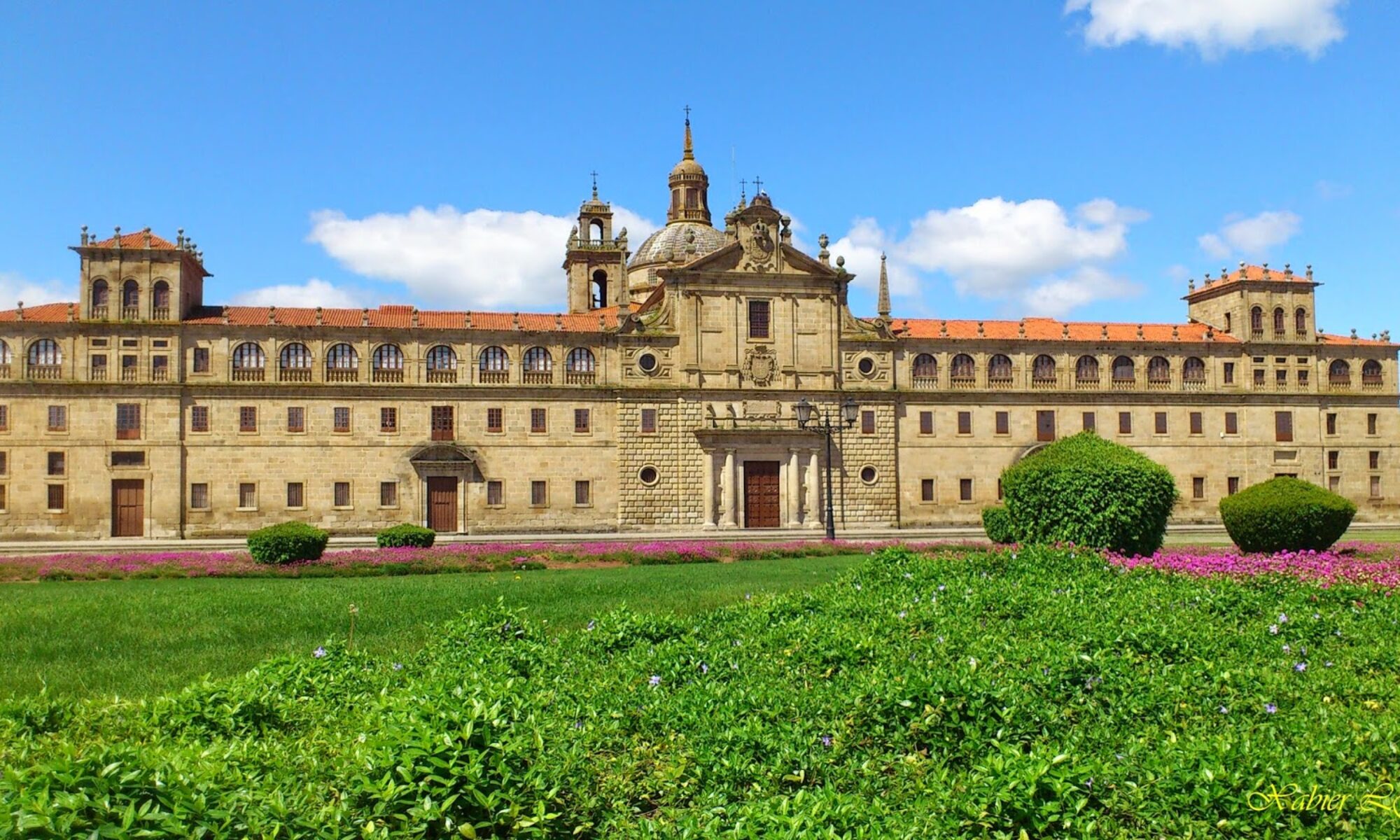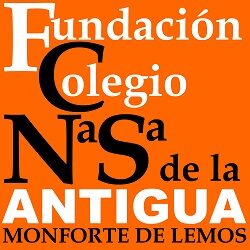
He was born in Monforte de Lemos, on September 22, 1877, dying in Barcelona, May 12, 1939) was a magistrate, prosecutor, jurist and Spanish politician.
He studied at the College of Nª Sª de la Antigua, PP. Escolapios de Monforte de Lemos. He graduated in Law from the University of Santiago de Compostela in 1903, and in 1905 he approved the examinations of prosecutor and judge. After the proclamation of the dictatorship of Primo de Rivera in 1923 he was appointed member of the Organizing Board of the Judiciary, where he gained great prestige as a specialist in criminal and procedural matters. In 1924 he was appointed judge of the Chamberí district and in 1929 he represented Spain in the International Criminal Conferences of Paris, Brussels and Budapest.
In spite of his past linked to the primoriverist dictatorship, on May 31, 1931 he was appointed Prosecutor of the Republic, although he resigned on July 31 to be appointed magistrate of the Supreme Court of Spain. In the general elections of 1931 he was elected deputy for the Radical Republican Party in the province of Lugo. In the Spanish Cortes he participated in all the discussions about the organization of the judicial power in Spain, which would confront his party, which would end up abandoning. He did not stand for election in 1933 and continued as Magistrate of the Supreme Court.
Since the Civil War began, on August 26, 1936 he was appointed president of the Third Chamber of Contentious Administrative Matters of the Supreme Court of Spain, and on September 16 he was appointed Special Examining Judge of the cause for the insurrection in all the barracks and military cantons of Madrid. In the instruction he kept the legal formalities, which did not please the extremists, who demanded an exemplary punishment of the coup plotters, to the point that he was removed from the investigation for having admitted from General Joaquin Fanjul Goñi the evidence he had proposed. On August 27, 1937, he was appointed President of the Court Inspection Board of Madrid. In October 1937 he moved to Catalonia, where in June 1938 he defended the officials of the Courts of Barcelona accused of fifth columnism.
When the republican troops left Catalonia in January 1939, he decided to stay and offered to collaborate with the new regime, but was arrested and on February 26 was prosecuted for the death of General Fanjul and the deaths in prison Model Madrid on 23 August 1936. He was condemned to death and executed in Barcelona on May 12, 1939 together with General Fernando Berenguer de las Cagigas

